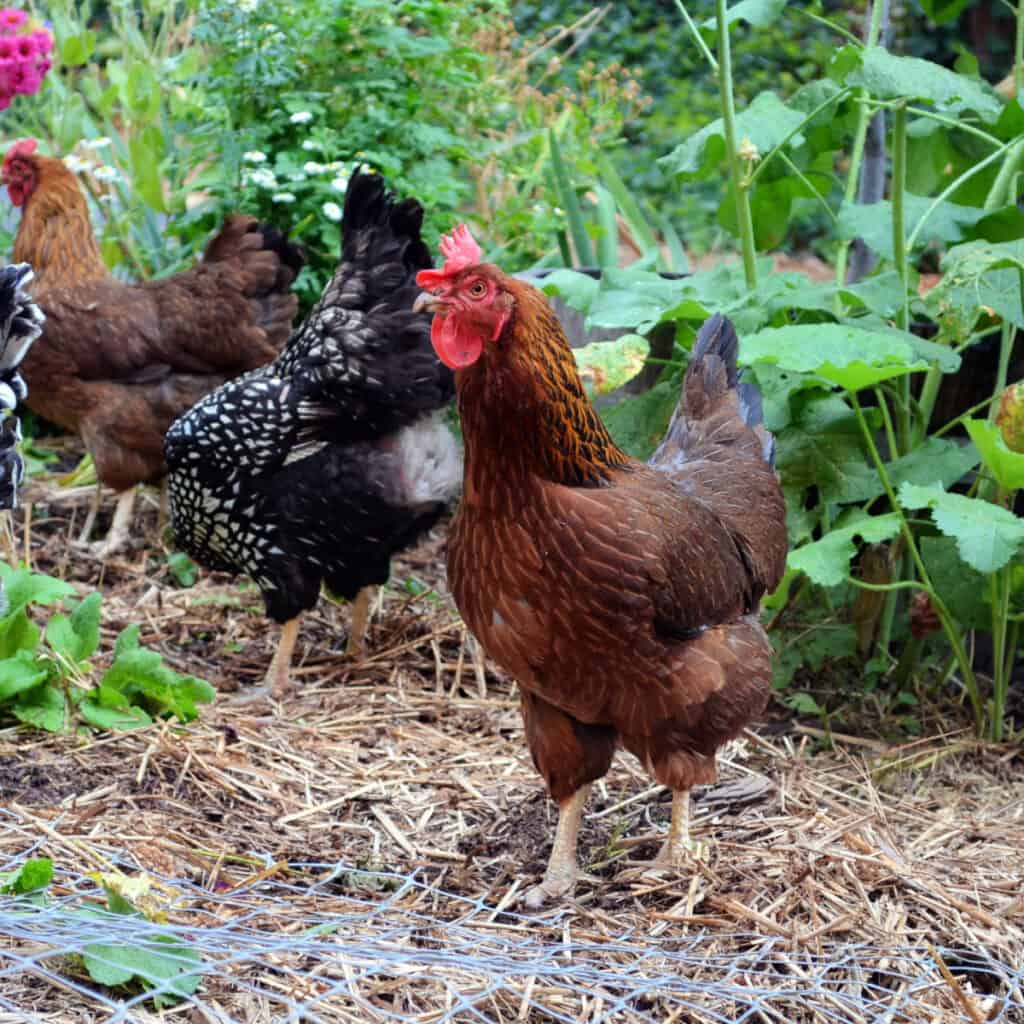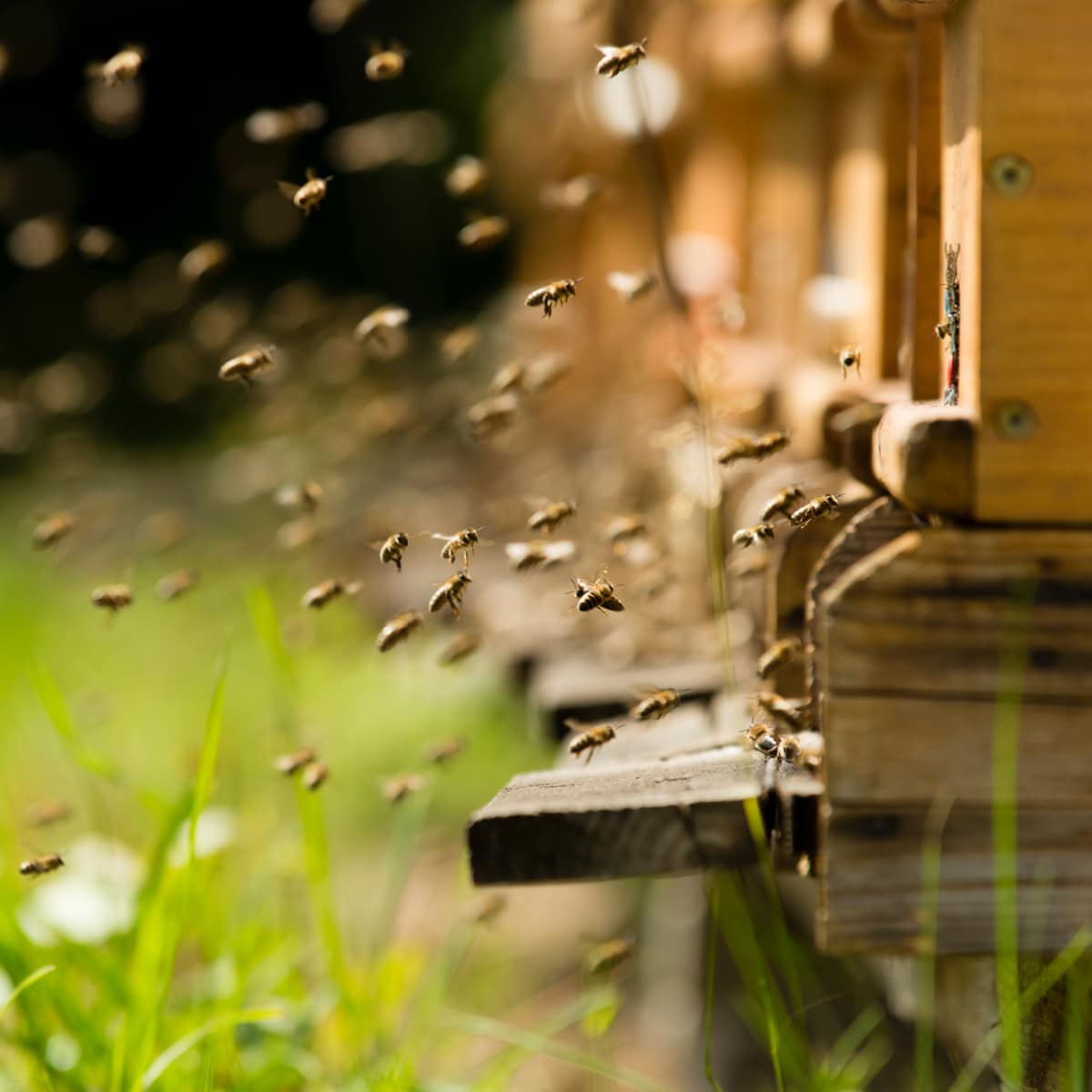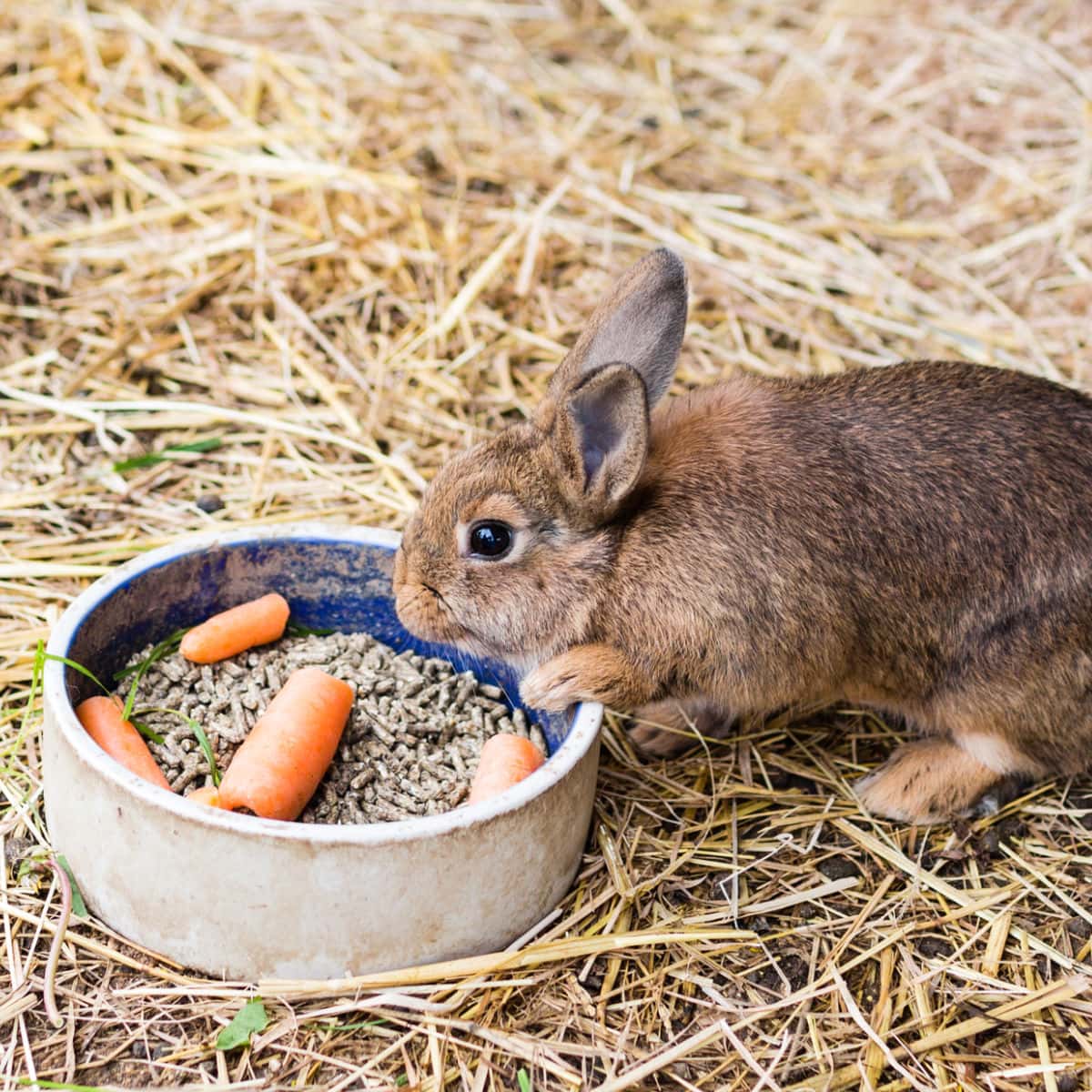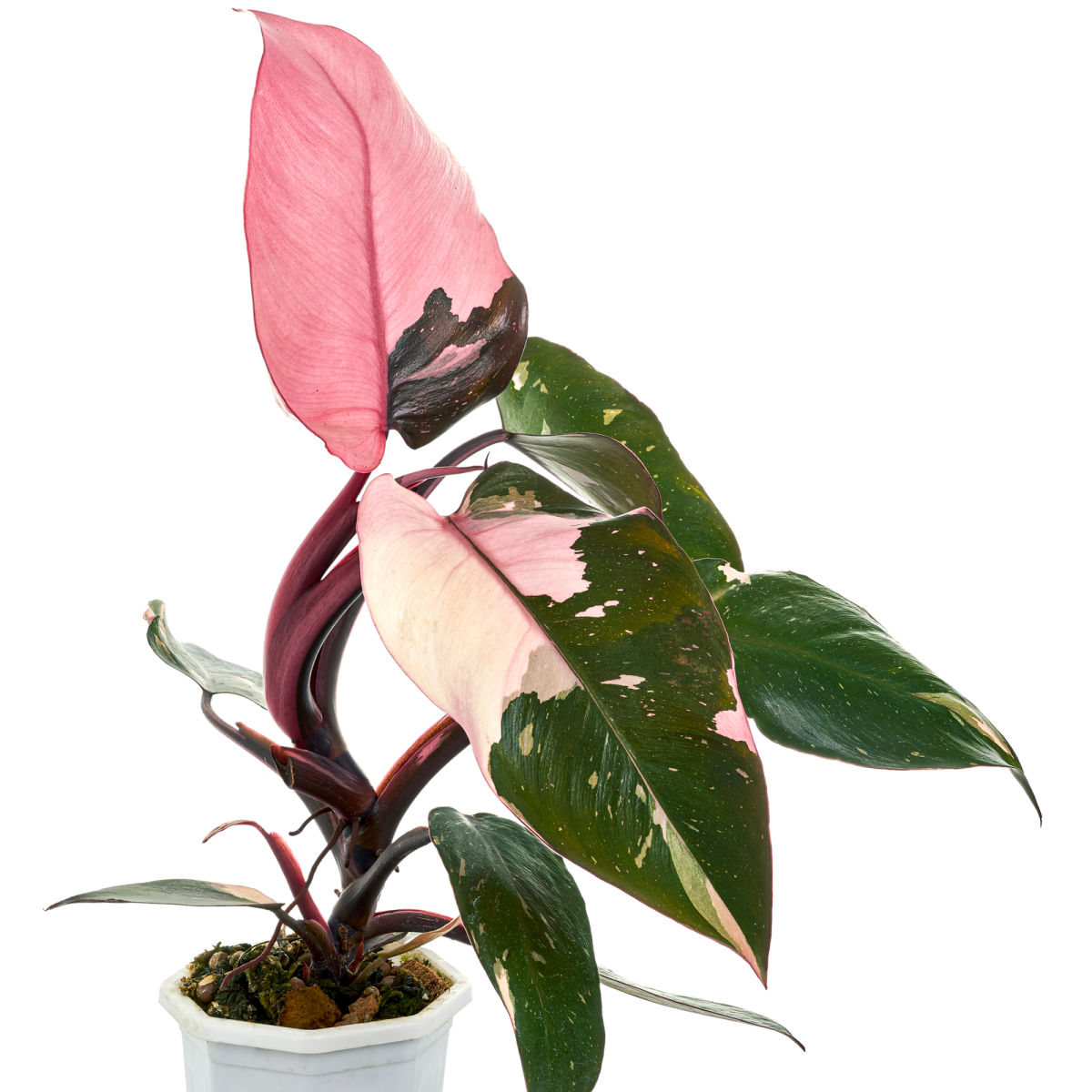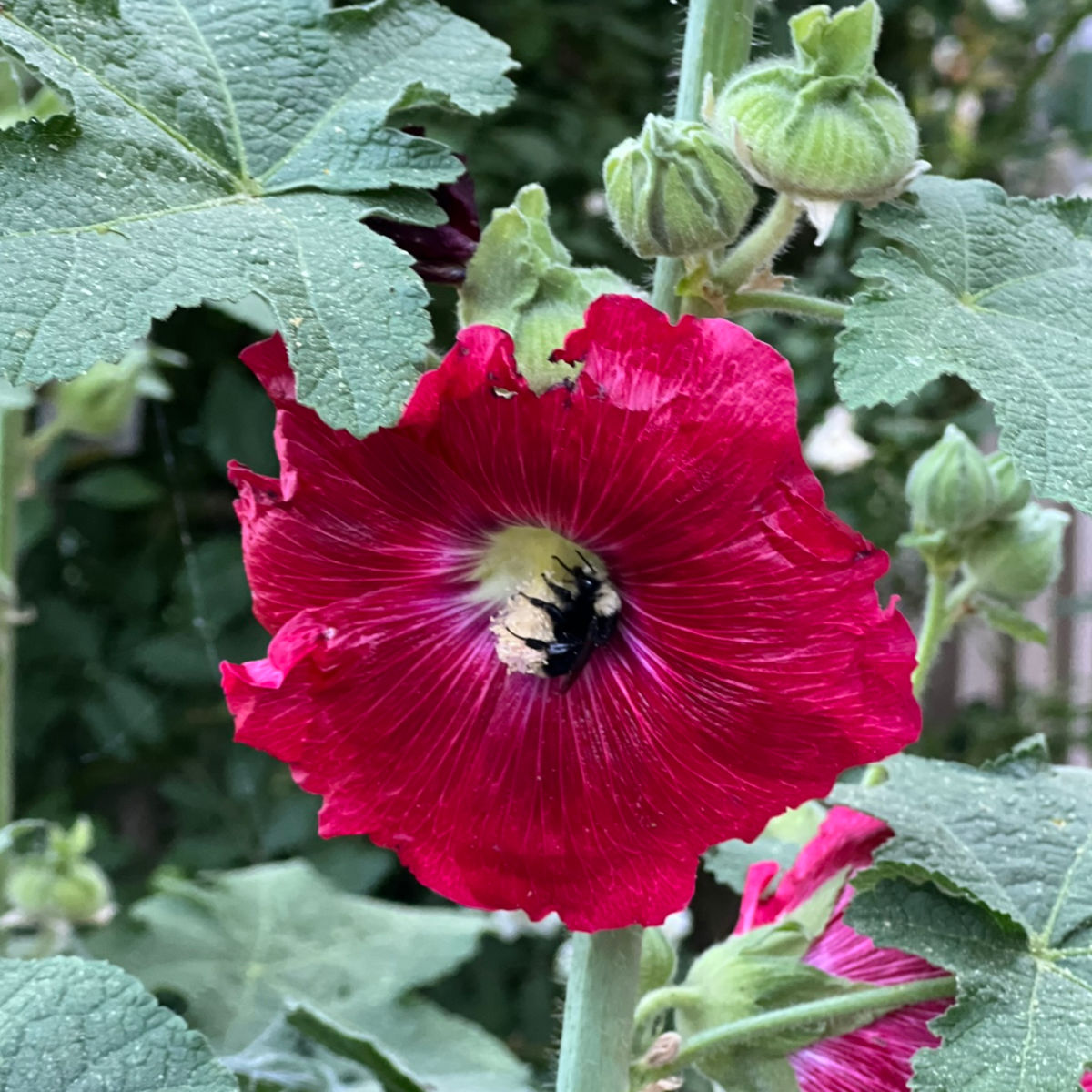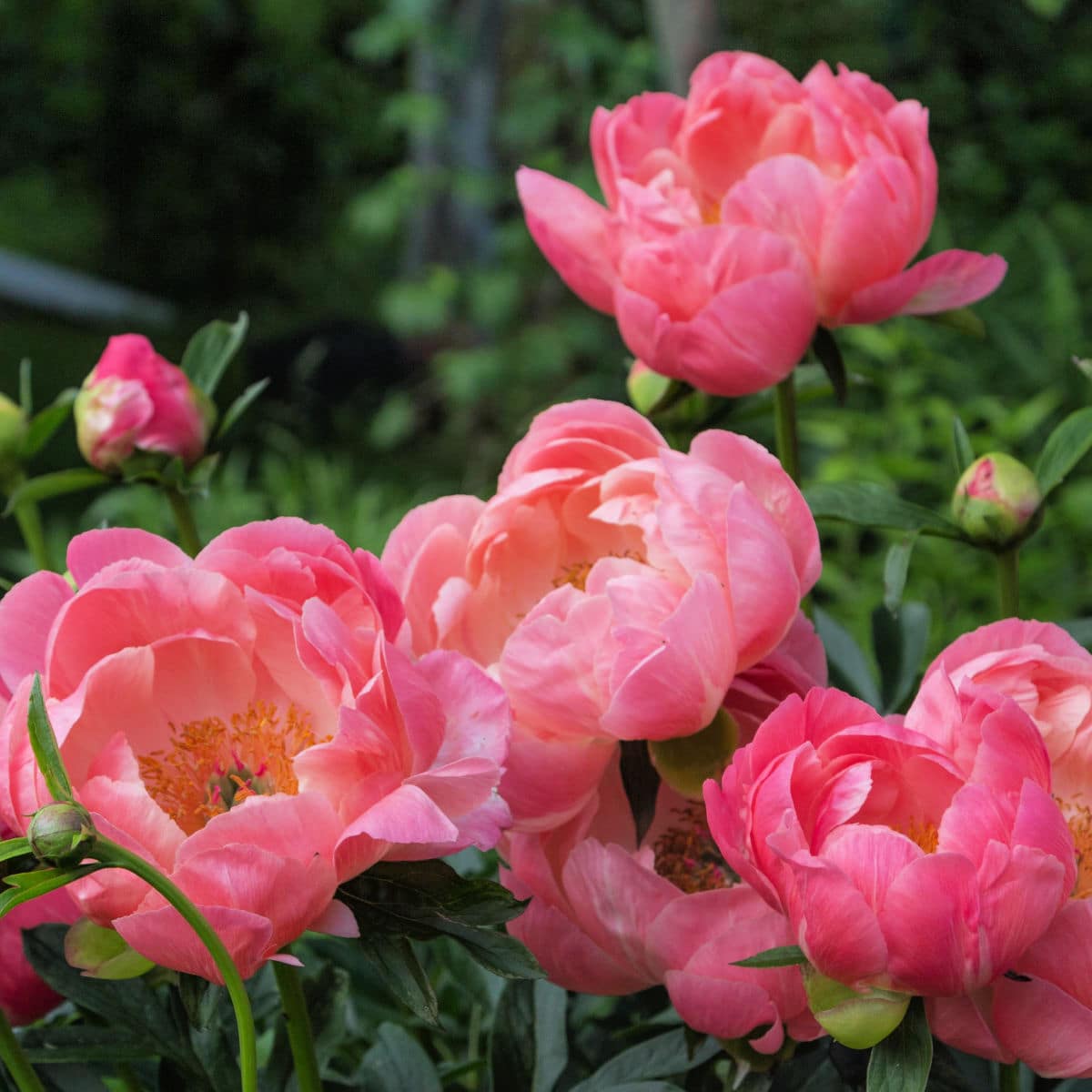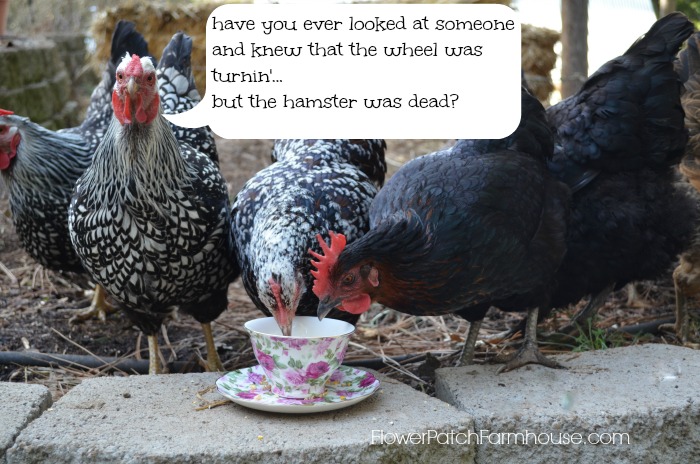Cow Manure
Supercharging Your Garden: Using Cow Manure
In the world of gardening, we’re always on the lookout for ways to make our soil super fertile. Luckily, nature or your local farmer has a fantastic solution: cow manure.
When I look back, my grandparents grew gorgeous gardens and they never bought fertilizers or bagged soil enhancers. They used what their livestock produced, cow dung manure!
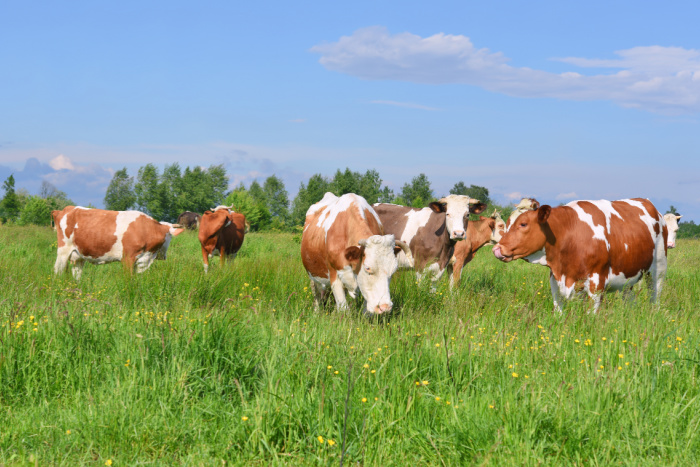
After years of being lured into chemical use, many home gardeners are going back to their roots. Not only are natural fertilizers earth-friendly many times they are free!
Cow dung manure is a natural powerhouse jam-packed with nutrients and helpful tiny creatures that can turn your garden into a thriving paradise.
In this blog post, we’ll explore the many benefits of using cow manure as a garden fertilizer, learn how to use it properly and address any concerns you might have.
Carbon Sequestration
Did you know that compost made from cow manure is a very effective way to sequester carbon in the soil and neutralize the probable problems of nitrate runoff? Yes, even methane emissions, storing it in the soil instead of releasing it into the air.
Source: UCLA Institute of Environment and Sustainability.
Cow Dung Manure Super Nutrients
Cow manure is like a superfood for your plants. It’s full of important stuff like nitrogen, phosphorus, and potassium, which plants need to grow.
These nutrients are slowly released, providing a steady supply to your plants over time.
This manure also contains other good things like calcium, magnesium, and trace elements that help plants stay healthy.
Chicken Manure
Another garden favorite. Cow manure is great but chicken manure can be even better!
Soil Boost
Cow manure doesn’t just provide nutrients—it also makes your soil better. The organic matter in cow manure helps soil hold onto water, prevents it from washing away, and allows air to reach the roots.
This means that your plants can grow better and handle dry spells without needing as much water. (Hello drought-ridden states!)
Tiny Helpers and Healthy Soil
Believe it or not, cow manure is crawling with little creatures that help your garden thrive. These include bacteria, fungi, and earthworms.
These helpful microbes break down organic matter, release nutrients, and fight off harmful pests and diseases.
When you add manure to your garden, you’re creating a happy home for these tiny helpers, which means your plants will be healthier and stronger.
The symbiotic relationship between plants and microorganisms facilitates nutrient cycling and promotes a balanced ecosystem within the soil.
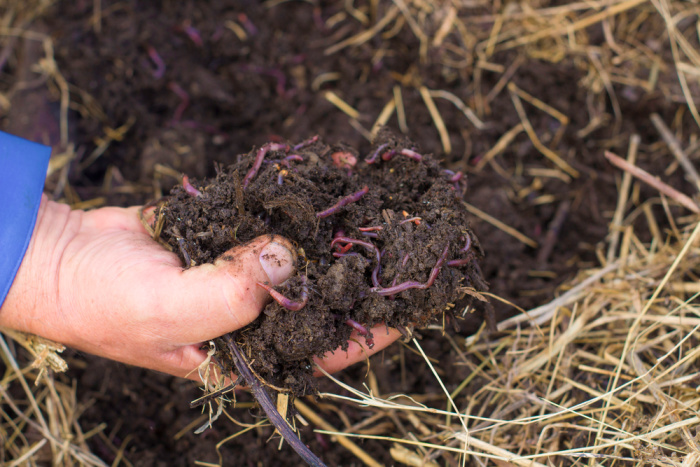
How to Use Cow Manure
To get the most out of using it, follow these tips:
Let It Compost:
Fresh manure is high in ammonia and can burn plants if applied directly.
Composting cow manure for several months allows it to decompose and eliminates any harmful pathogens.
This composted manure can be safely used as a soil amendment or incorporated into homemade potting mixes.
If you get some from a farmer many times they have it piled up and it has aged for a year or more.
All the best garden tips
Easy Homemade Compost
Making compost for a beautiful garden is fairly simple. Even small gardens can have a neat little compost bin tucked in a corner..
Use the Right Amount:
Applying cow manure in excess can lead to nutrient imbalances and environmental pollution. Neither of which we want in our gardens. Even if it has been well-composted!
As a general rule, apply about 2-3 inches of composted cow manure on top of the soil.
No need to work it in, the worms will do that for you. Remember it is better to use too little than too much.
Adjust the amount based on what your plants and soil need. (soil test if you are not sure, most local extension offices can help)
Timing Matters:
Apply cow manure in spring or fall when the soil is cooler. This allows the nutrients to break down slowly and be available to plants over a longer time.
I like to add it when I am mulching garden beds but especially in late Fall. It can break down slowly over winter and enrich the soil while the plants sleep.
We’ve mentioned this already but it bears repeating, avoid using fresh manure because it can burn plants.
Things to Consider:
If you’re getting cow manure from a local farm, make sure the cows have been eating natural, organic food.
Avoid using manure from animals that were given antibiotics or fed with chemically treated food.
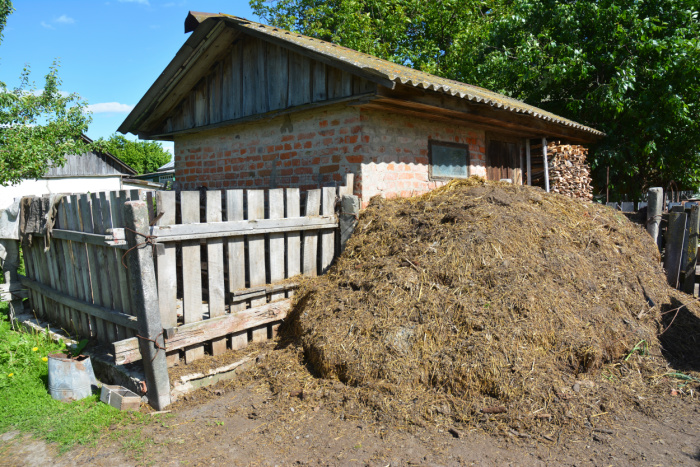
There is a herbicide that is widely used on animal feed crops and can it withstand the composting action that kills almost everything else. This herbicide can poison your soil and make it difficult to grow certain crops.
Here are some instructions on how to test your composted manure.
Using well-aged cow manure in your garden can make a world of difference in the health and productivity of your plants.
It’s a natural and powerful way to give your garden the boost it needs. By composting the manure, using the correct amount, and following proper timing, you can take full advantage of its benefits.
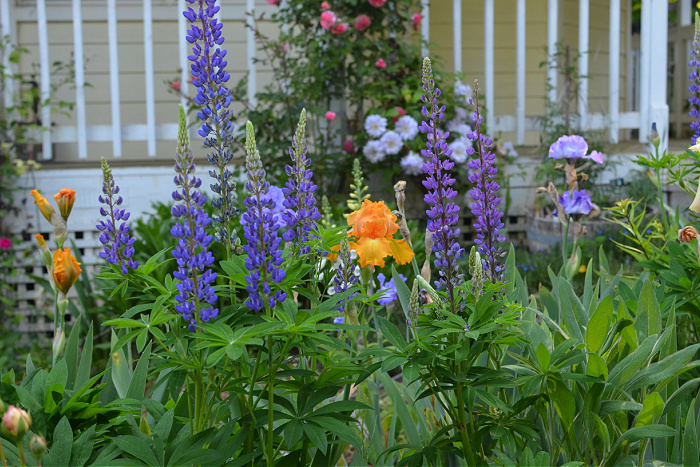
Don’t be surprised when you see your garden thriving with vibrant blooms and abundant harvests.
Bovine manure provides essential nutrients, improves soil structure, and fosters a healthy ecosystem of beneficial organisms. It’s a simple and sustainable way to nurture your plants and create a thriving garden.
All the best garden tips
Best Tomato Fertilizer
Why do we need to know what the best fertilizer for tomatoes is? Tomatoes are one of the most popular vegetables to grow in gardens and containers, but they require specific care to grow and produce healthy fruit.
Happy Gardening!
